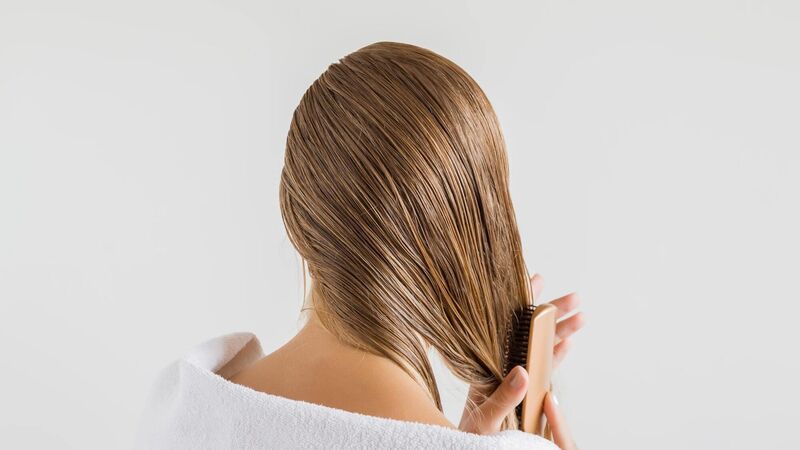This is why your hair gets greasy and what you can do about it

It’s all in the way you wash it, Katie Wright discovers.
If you regularly get greasy hair, you'll know that lathering up and washing away all that oil until your locks are squeaky-clean feels amazing.







